We run into Doug and his white van full of fresh fish and shellfish in the car park of a village restaurant, just a few miles inland from the English Channel. I’m in the UK to meet my new baby nephew and visit my mother and her husband who live in Folkestone, near Dover. Folkestone isn’t typically high on the list of tourist destinations, but this time I’m viewing it through the eyes of Alice Dishes and want to find out a little about the local fishing industry.
Like many areas of England, Folkestone has been hard hit by the ongoing economic recession, but despite that, there’s a growing arts’ quarter along the cobbled Old High Street where brightly painted storefronts welcome you inside to see the work of local artists and designers. And alongside the traditional fish and chip shops, curry houses and cafes, there’s also a handful of more upscale restaurants, like RockSalt, that feature fish heavily on their menus.
But back to Doug who’s a cheery, weathered man with strong working hands. I had asked my stepfather whether he could introduce me to a local fisherman, but it was looking like time wasn’t on our side on this trip, so we are all thrilled when we run into Doug just after lunch at The Marquis at Alkham. He’s here to sell fish to the sous chef who’s taking a look at the catch of the day. This is “real” food at its best.
I ask Doug, who’s been up since 3am when he took his boat out, if he’ll show us what’s inside his van and he gladly holds up his wares. There’s spotted turbot, plaice and Dover sole (of course). He also has Dungeness crab and white sacks full of scallops, explaining that because of the ban on cod fishing, he has had to turn instead to bringing in shellfish. He says, “There’s lots of cod out there, it’s a political matter that we’re not allowed to catch it.” And indeed, politics abound in fishing as a quick Google search reveals.
He goes on to tell us that he’s collecting signatures for a petition against a more recent ban which will prevent him from trapping lobsters and other shellfish during the summer months, his main livelihood. The ban has been put in place to protect a species of worm that lives along the coast. Doug says, “I’ve been fishing along this coastline since I was a child and have never seen this worm.” Earning a living as an independent fisherman is obviously a tough endeavor.
It’s clear that a quick chat in the car park isn’t going to give me enough insight into the topic, but it occurs to me that while I know that eating wild, not farmed, fish is much better for us from a nutrition standpoint, there are many more factors to weigh when we decide what to eat from the sea.
As we say goodbye to Doug and leave him to transact with the restaurant, he promises to drop off some fish to my mum and her husband in the next few days.
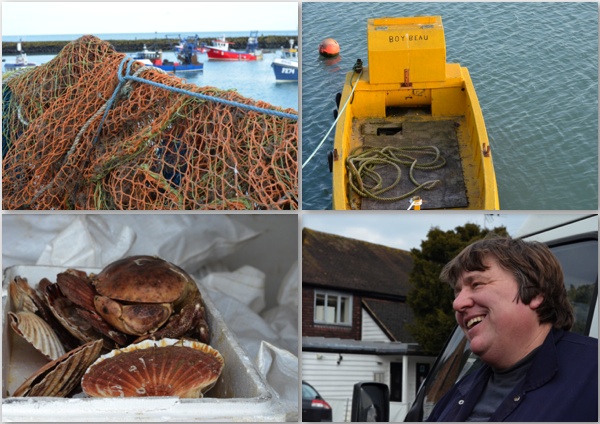
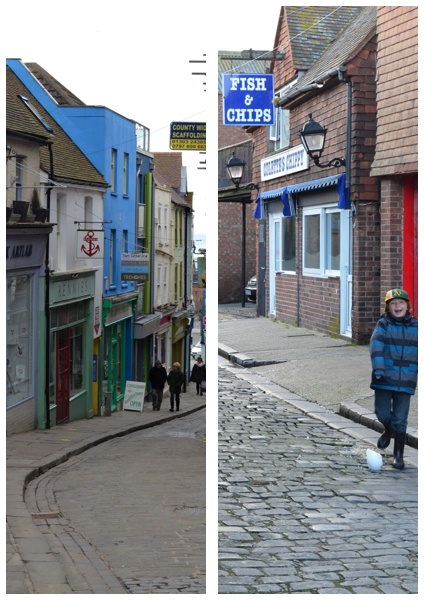

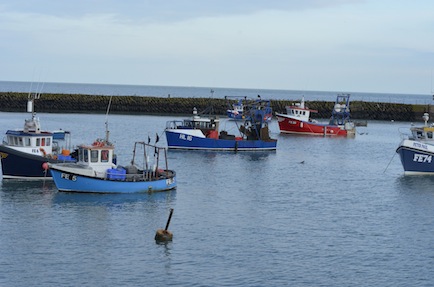

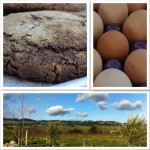
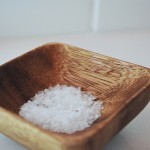
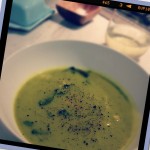
Leave a Reply